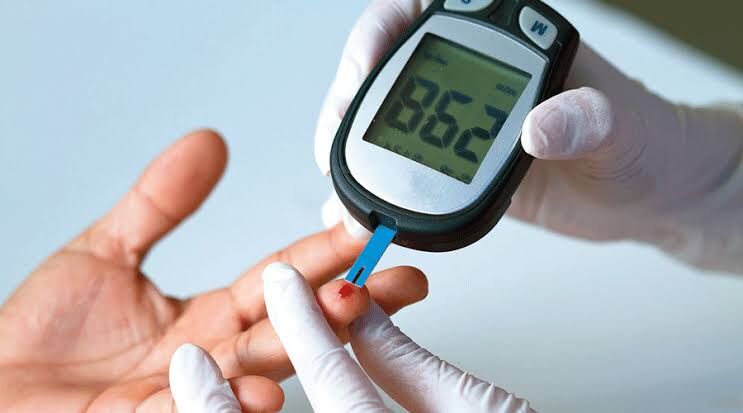New Delhi: A four-and-a-half-year study of two diabetes medicines, Mounjaro and Trulicity, was carried out by Eli Lilly and Company, and it was found that Mounjaro is better than Trulicity in preventing serious heart problems in diabetes patients.
Study Findings
The study called SURPASS-CVOT was carried out on 13,000 people from 30 countries. It was the largest and longest study for four and a half years on Mounjaro and Turlicity medicine.
1) The study found 8% fewer major heart events (like heart attacks, strokes or heart-related deaths) for those patients who used Mounjaro compared to Trulicity.
2) People taking Mounjaro had a 16% lower chance of dying from any cause compared to those taking Trulicity, suggesting more overall health benefits.
3) Mounjaro was much better at lowering blood sugar levels (measured by A1C) than Trulicity.
4) People on Mounjaro also lost significantly more weight than those on Trulicity.
5) For patients with kidney problems, Mounjaro helped slow down the worsening of their kidney function compared to Trulicity.
“Heart disease is still the biggest killer for people with type 2 diabetes,” said Winselow Tucker, President and General Manager of Eli Lilly and Company (India).
“The SURPASS-CVOT study shows that Mounjaro offers similar heart protection as Trulicity, which we know works. But Mounjaro also provides extra benefits like slowing down kidney decline and a lower death rate. These results make a strong case for Mounjaro as a top choice for people managing both type 2 diabetes and heart conditions.”
Another analysis also suggested that Mounjaro could reduce the risk of major heart events by 28% and deaths by 39% compared to not taking any active treatment (like a placebo).
Side effects of both medicines
Both Mounjaro and Trulicity were generally well-tolerated. The most common side effects for both were stomach-related, usually mild to moderate, and often went away after the dose was adjusted.
More detailed results from this study will be presented at a medical meeting in September 2025.
Data on diabetes
According to recent data from the International Diabetes Federation (IDF) and the World Health Organisation (WHO):
– Around 589 million adults (ages 20-79) are currently living with diabetes worldwide
– This means about 1 in 9 adults are suffering from diabetes.
– The total number of people with diabetes is projected to rise significantly, reaching 643 million by 2030 and 853 million by 2050.
Source link
